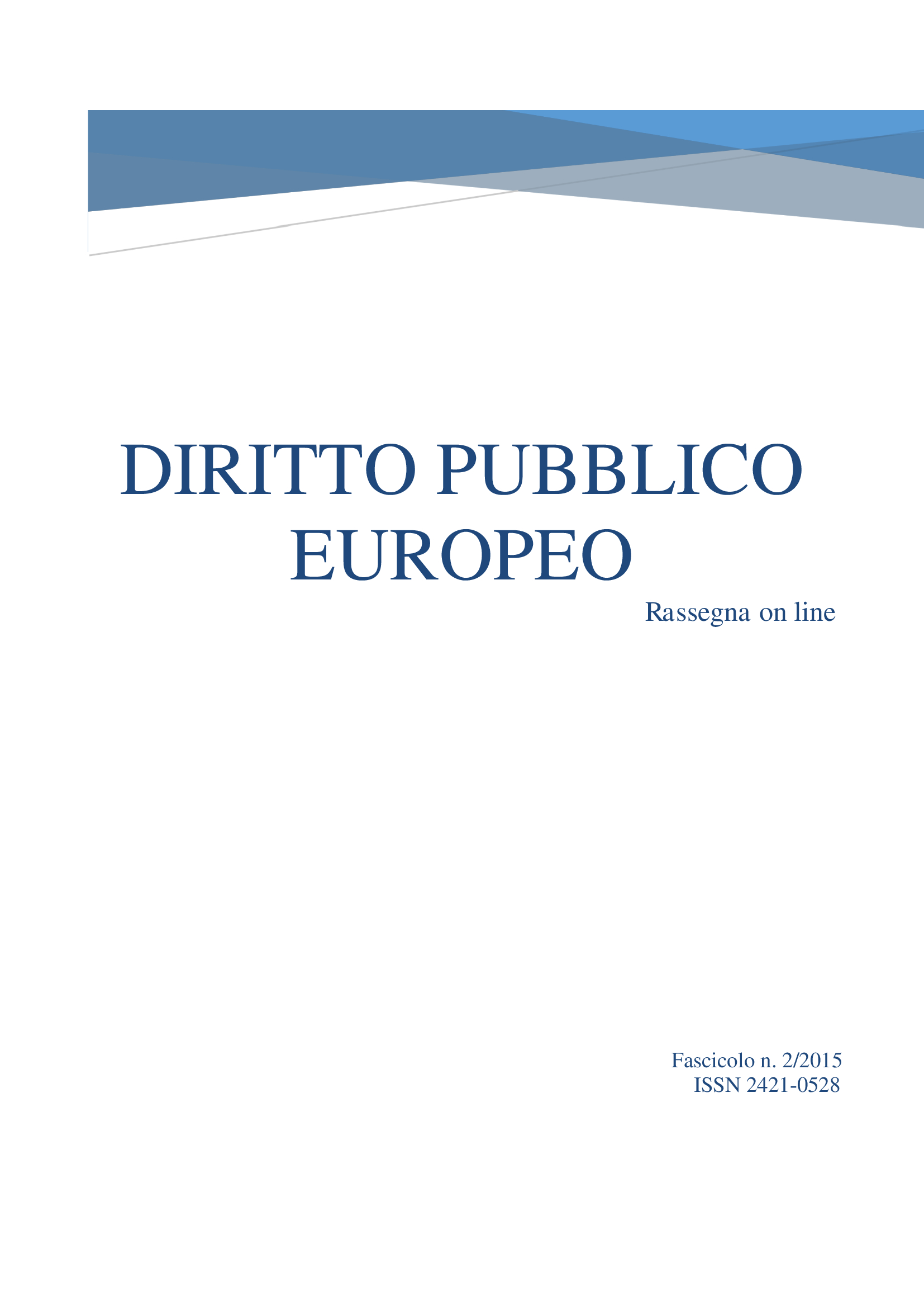La parabola dello Stato liberale e il monito della storia
DOI:
https://doi.org/10.6092/2421-0528/6459Parole chiave:
costituzionalismo, stato liberale, welfare state, crisi economicaAbstract
Oggi, infatti, lo scenario globale presenta molti tratti in comune con il modello liberale, sul quale si innestano gli ulteriori elementi della delocalizzazione produttiva, della finanziarizzazione dell’economia, della privatizzazione a tutto campo e, in ultima analisi, della concorrenza, non solo senza (troppe) regole, ma anche senza frontiere. La stessa crisi economica planetaria, a prescindere da alcune innegabili differenze, ma, tutto sommato, secondarie, perlomeno ai nostri fini, sembra avere lo stesso movente di fondo, vale a dire quello squilibrio, tra capacità produttiva dei “padroni dell’economia” e possibilità di consumo di famiglie e lavoratori tipico delle crisi che misero ripetutamente in ginocchio il vecchio ordine borghese, portando all’affermazione del Welfare State. Né deve risultare consolatorio il fatto che la recessione non si sia tramutata, come negli anni Trenta del secolo scorso, in vera e propria depressione. Infatti, la “democrazia liberale”, continuando a lasciare troppo agio a comitati d’affari, organismi tecnocratici e gruppi di pressione capitalistici, si sta rivelando ancora una volta troppo fragile per essere in grado di governare efficacemente l’economia.


